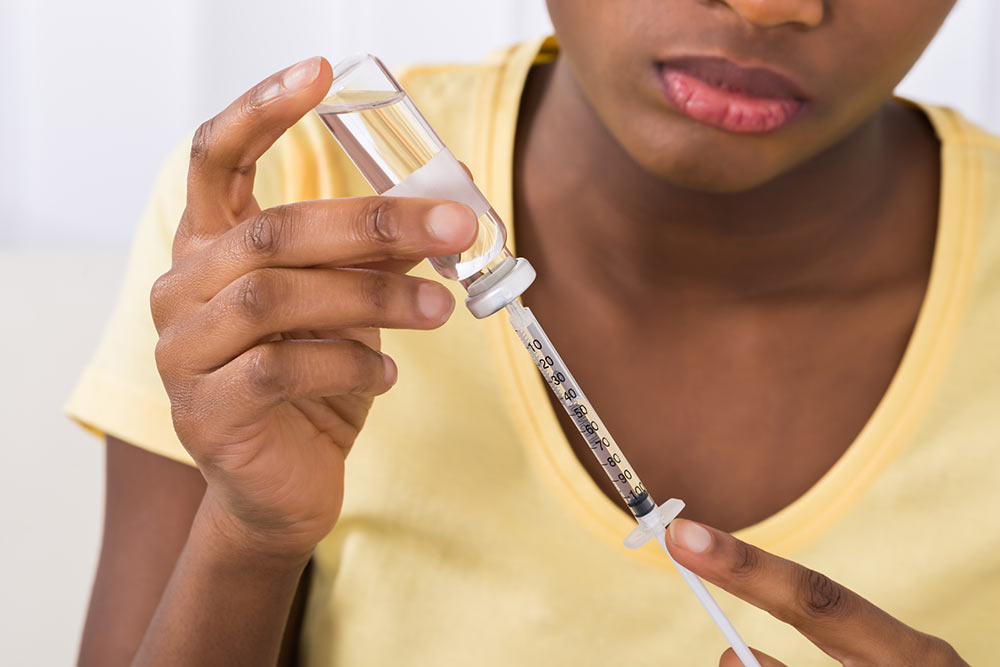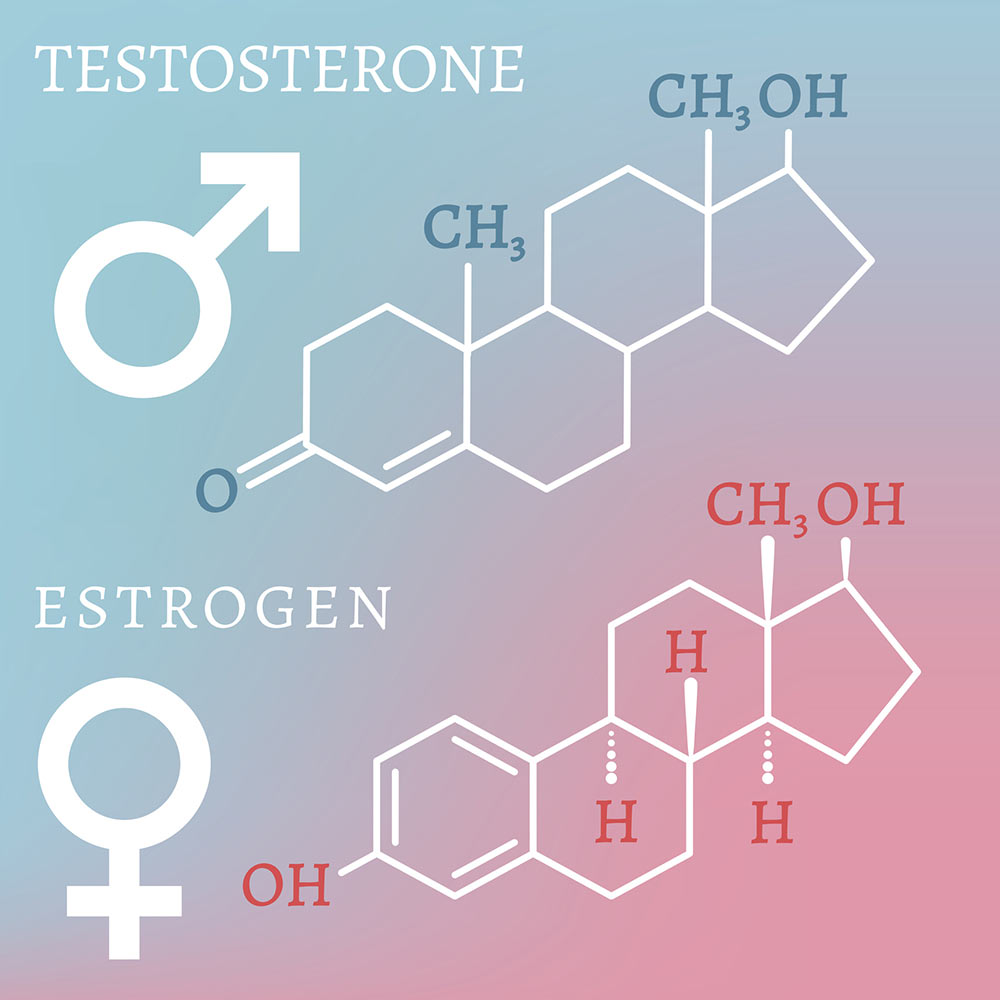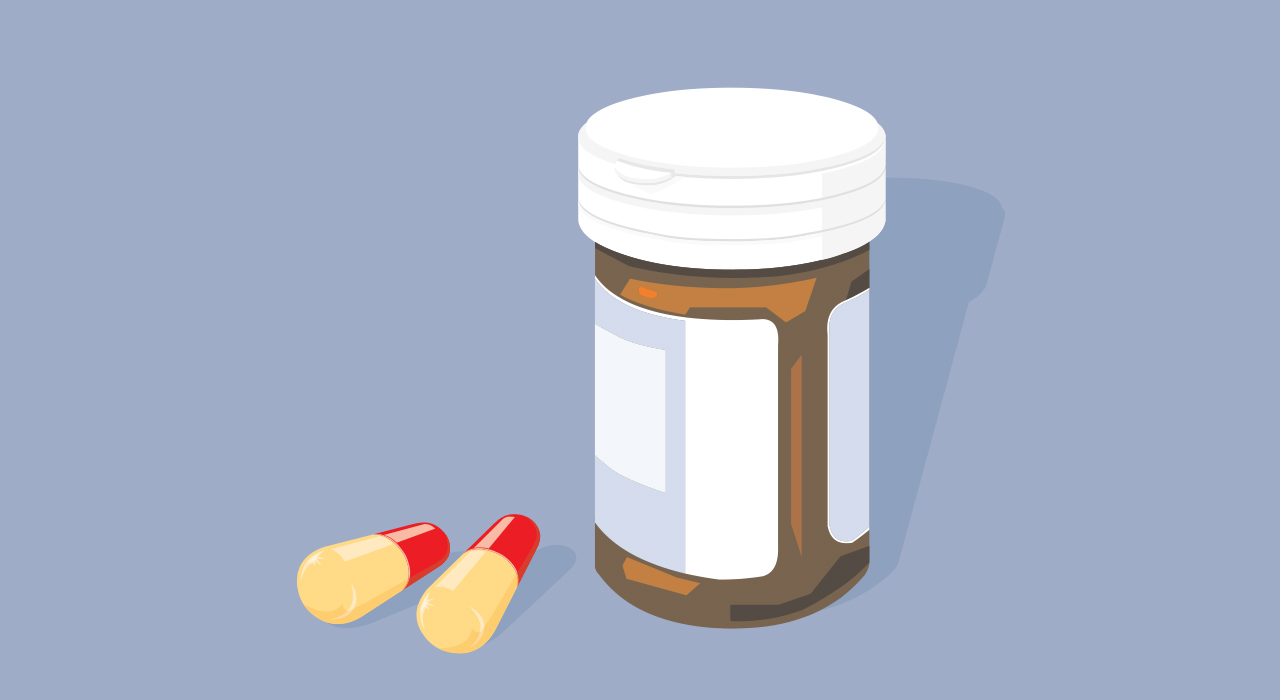Health
Everything You Need To Know About Hormones
By definition, hormones are “a product of living cells that circulates in body fluids and produces a specific, often stimulatory, effect on the activity of cells”.
That probably doesn’t mean a lot to the majority of us. So, what are hormones? Hormones are chemical messengers in our body, which control the majority of our bodily functions.
Hormones travel around in our body fluids, like our blood, from one part of our body to another to cause some kind of change. Hormones help regulate all of the systems in our body.
It’s a very complex process and there are so many hormones in our bodies, that function in so many ways, that it isn’t possible to touch on them all in just one article. For this reason, I will be walking you through a few of the common hormones that you’re probably more familiar with.
How do hormones work?
Hormones are naturally made in our endocrine glands, but can also be made synthetically and injected into the body. Some of our body functions have multiple types of hormones that have to work together to get the desired end result, where others are much more simple.
They cause us to feel hungry, regulate our blood pressure, support a healthy metabolism and our immune system, and that’s just the start. Because hormones affect almost every function our body has, it’s very important for us to take steps to have good hormone health.
Speaking scientifically, “balance” in our body is referred to as “homeostasis”. If something in our bodies gets out of whack, our body automatically responds to fix the problem. Hormones play a big role in how our body reacts to the changes that are occurring every second.
– READ MORE: Different Types Of Hunger And How To Overcome Them –
Everything we do on a daily basis will change our body’s homeostasis. The things that we eat, how we exercise, how much we sleep, and even how stressed we are will either throw off or help restore balanced hormone levels in the body.
Having imbalanced hormones isn’t only caused by the different things we are doing. Our hormones fluctuate throughout the day naturally, which is part of the normal function of our bodies. During certain times of your life, it is normal to have larger swings in your hormone balance, like when we reach puberty or when women are experiencing menopause.
By making healthy choices daily, we can help maintain homeostasis in our bodies, which allows our hormones to help our body’s function properly and efficiently.

Insulin
When our blood sugar is too high, our body responds by stimulating the Beta cells in our pancreas to produce insulin, which is the “key” that unlocks our cells to let glucose (sugar) in. Our cells use this glucose for energy, and as they absorb the glucose in our blood, our blood sugar lowers. This, in turn, sends a signal to our pancreas to stop producing insulin, so our blood sugar doesn’t drop too low.
The things we eat and drink are broken down into glucose, which is why our blood sugar rises after meals and snacks. Simple carbohydrates, like fruit and candy, are easily broken down into glucose, which causes a sharp spike in our blood sugar.
More complex carbohydrates, such as whole grain bread, take longer for our bodies to break down, meaning glucose is released into our system over a longer period of time.
The food choices we make can help our bodies efficiently utilize the glucose we are taking in. For example, having a simple carbohydrate prior to lifting weights will benefit you, as your body will be able to quickly break this down and shuttle the glucose into your muscles to use as energy for your workout.
If you have diabetes, however, your body either doesn’t produce insulin or doesn’t respond to insulin well, which makes it dangerous to have a rapid spike in your blood sugar. Therefore, it is usually recommended to eat mostly complex carbohydrates throughout the day, to avoid sharp spikes in your blood sugar.
– RELATED: Why Is Insulin So Important For Your Muscles? –
Glucagon
Glucagon is a hormone that does the opposite of what insulin does. When we don’t eat for longer periods of time, or when our body has used up all of the available glucose in our blood, our blood sugar drops. When this happens a signal is sent to our pancreas to release glucagon, which elevates the amount of glucose in your blood to give you energy and help your body function.
When we have excess sugar in our bloodstream, it is sent to our liver to be stored for later use. When glucagon is released from our pancreas, it tells our liver to release some of the glucose it is storing.
An example of this would be someone who is doing fasted cardio in the morning. If you have not put any glucose into your system and you begin to exercise, your body will need to release glucose in order to give you the energy to keep moving. When your body has used all the glucose available in your blood to keep your legs moving on the treadmill, the signal is sent to your liver to release more glucose to keep you going.

Cortisol
Often referred to as the “stress hormone”, cortisol is released by your adrenal glands when your body perceives a threat. Having chronically high levels of cortisol in your body means your body constantly feels stressed, which can negatively affect your health.
When our cortisol levels are too high we may feel anxious or irritable, have unexplained weight gain, increases in our blood pressure, and suffer from poor sleep.
When our bodies are in a never-ending state of stress, our adrenal glands are constantly being worked, which eventually wears them out and they’re unable to keep up with the demands of the body. When this happens, levels of cortisol in our body drop, which can lead to fatigue, dizziness, palpitations, and unexplained weight loss.
– READ MORE: Does Sleep Help You Lose Weight? –
To help maintain cortisol levels, it’s important to make sure you’re eating a well-balanced diet, getting enough exercise and sleep. Caffeine and alcohol have been shown to increase cortisol levels in your body, which is why these are best had in moderation.
Similarly, exercise has been shown to reduce cortisol levels, so it is important to have an active lifestyle. Not getting adequate sleep can also cause cortisol levels to rise, which is why 7-8 hours of sleep per night is recommended.

Estrogen and testosterone
Estrogen and testosterone are two of the reproductive hormones produced in our bodies. Women and men have both of these hormones in their body in different amounts, which is what causes some of our gender differences. Estrogen is produced in greater amounts in females, where testosterone is higher in males.
When estrogen increases, women experience symptoms such as bloating, bleeding, breast tenderness, and mood swings – sound familiar? When it’s our “time of the month”, our estrogen levels increase causing these symptoms. When estrogen is too low, like when women are going through menopause, symptoms include fatigue, hair loss, decreased libido, and brittle bones.
In men, testosterone helps support muscle mass, stamina, and strength. Testosterone tends to drop naturally in males around age 35 which can result in fatigue, mood swings, low libido, and irritability. If testosterone is too high, men may experience increased aggression, depression, and impotence.
– READ MORE: How To Cure Your Hormone Imbalance For The Perfect Recovery –
How to look after your hormones
Even though hormone imbalances are a normal part of how our body functions, having chronically imbalanced hormones can lead to common diseases and health problems. This includes diabetes, insomnia, and even infertility.
In order to feel and look your best, it’s important to think about the health of your hormones. Because there are so many things that affect our hormones, it’s important for us to do our part to keep things in check.
If you want help with making some changes to achieve a healthier lifestyle I always recommend starting small. By taking little steps to live a healthier life, you can create big results.
If you think you are having issues with your hormones, even while maintaining a healthy lifestyle, do not hesitate to make an appointment with your primary care physician. Health is wealth, so listen to your body and take good care of yourself!
For more health advice, sign up for the TRAIN for HER newsletter today!






















